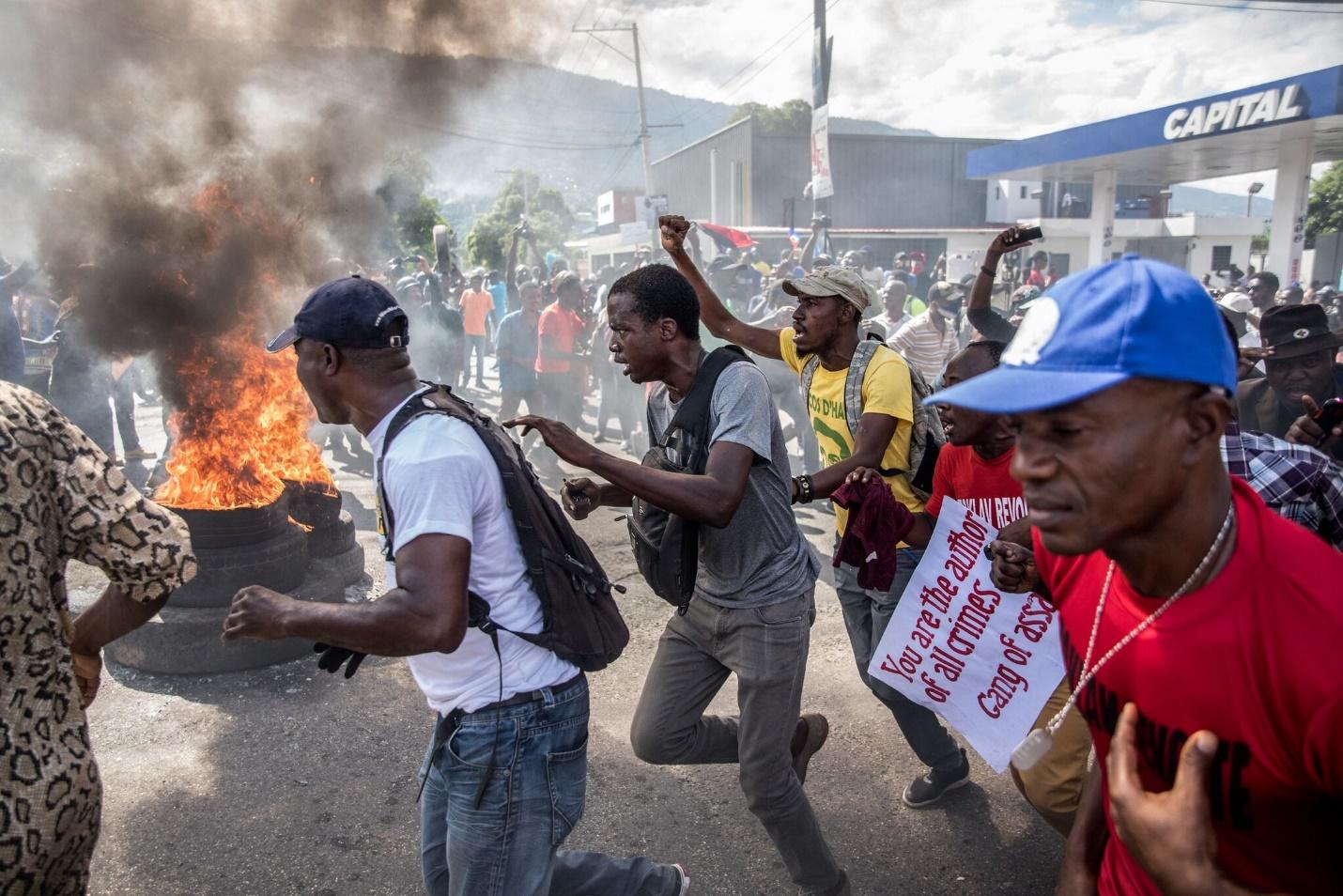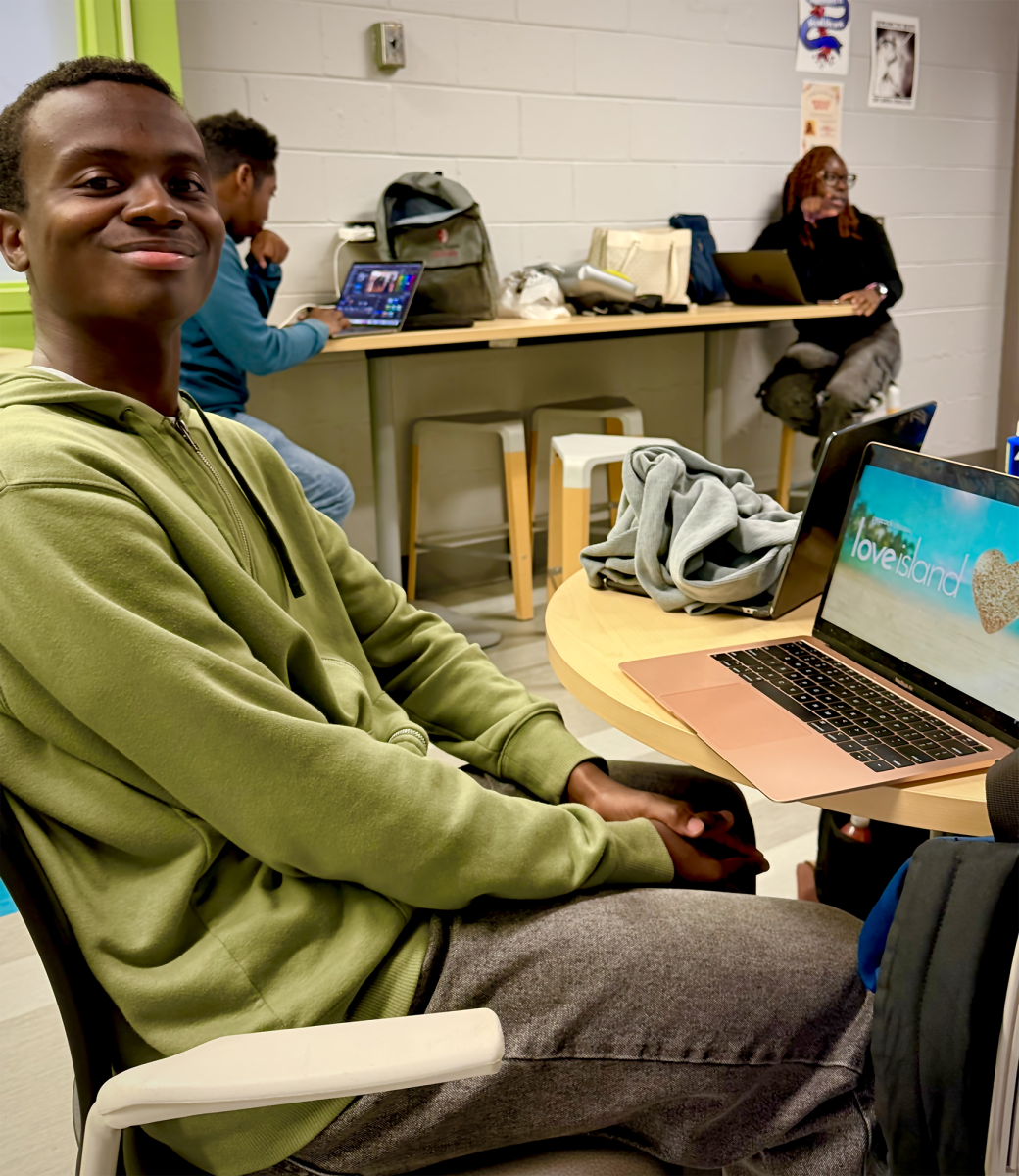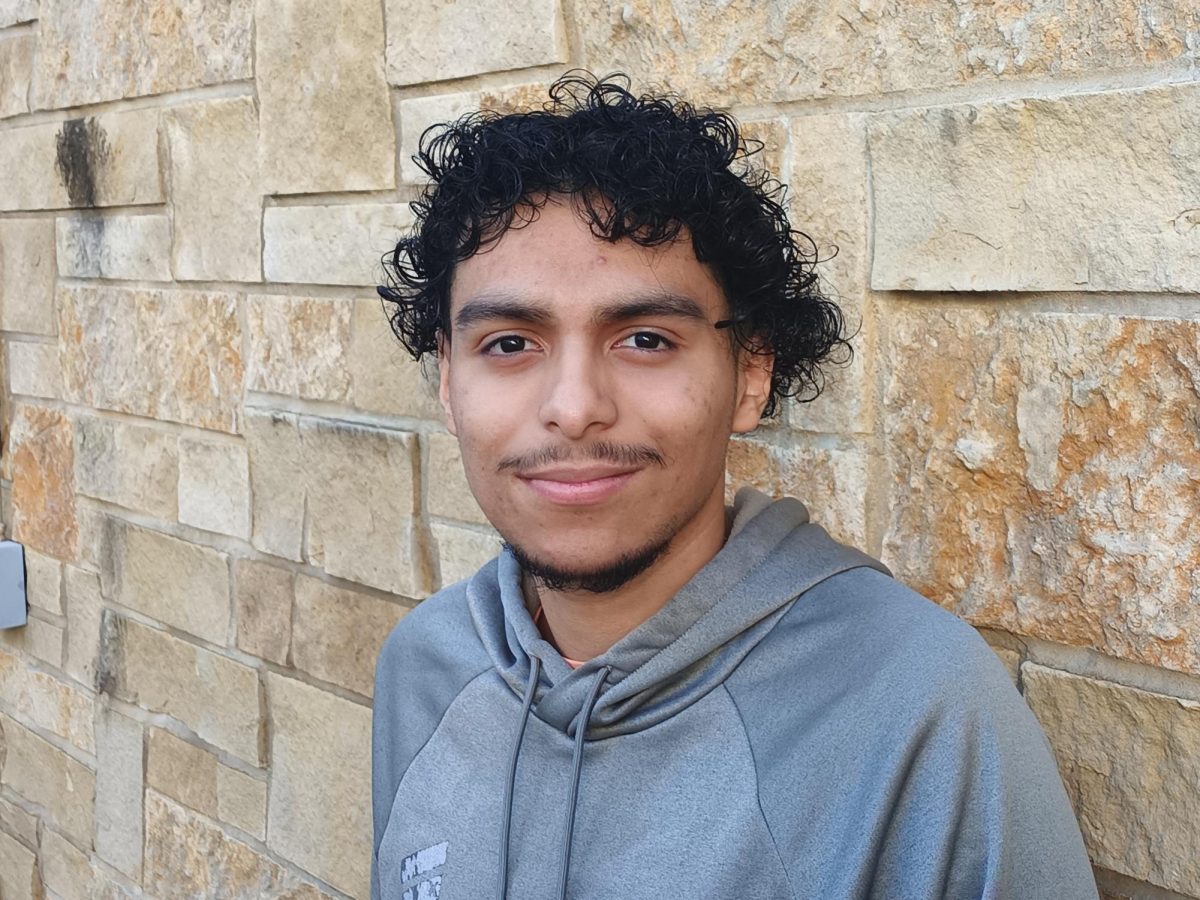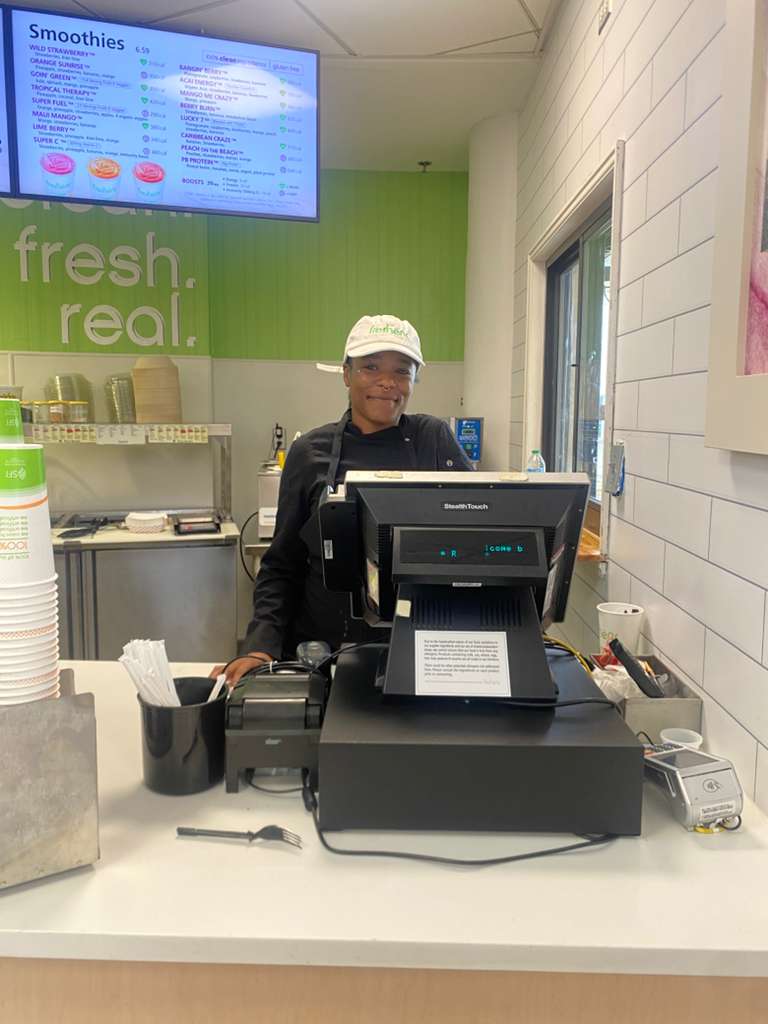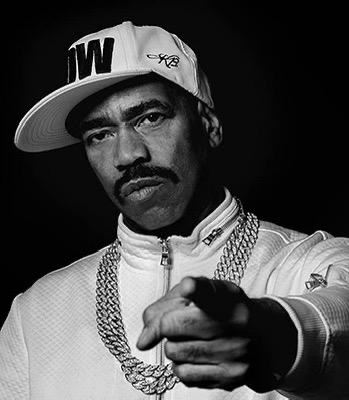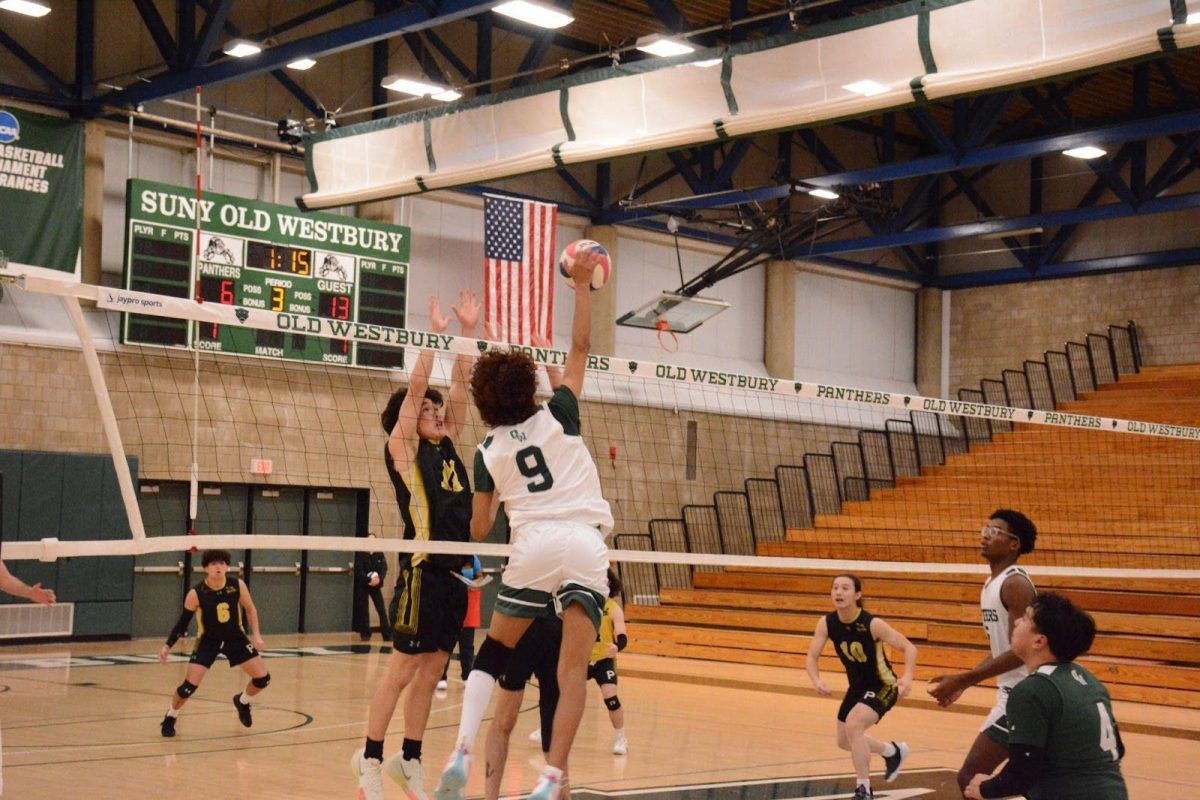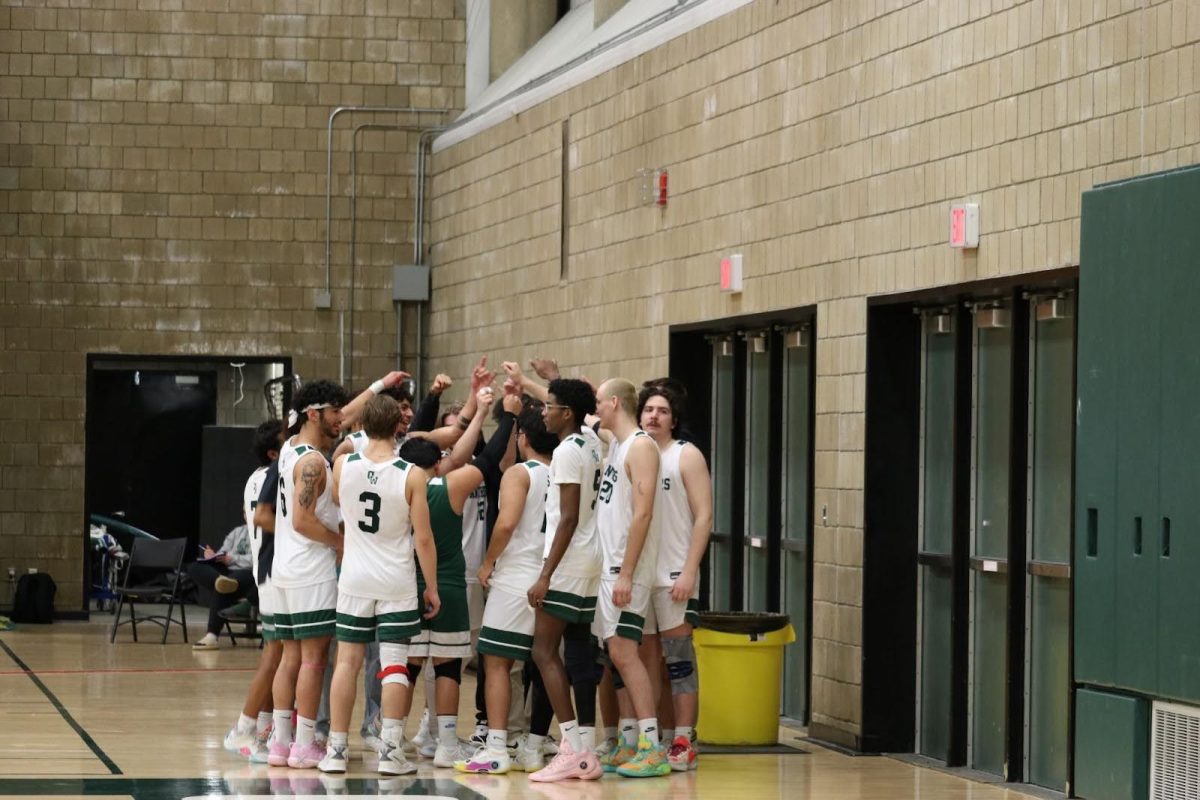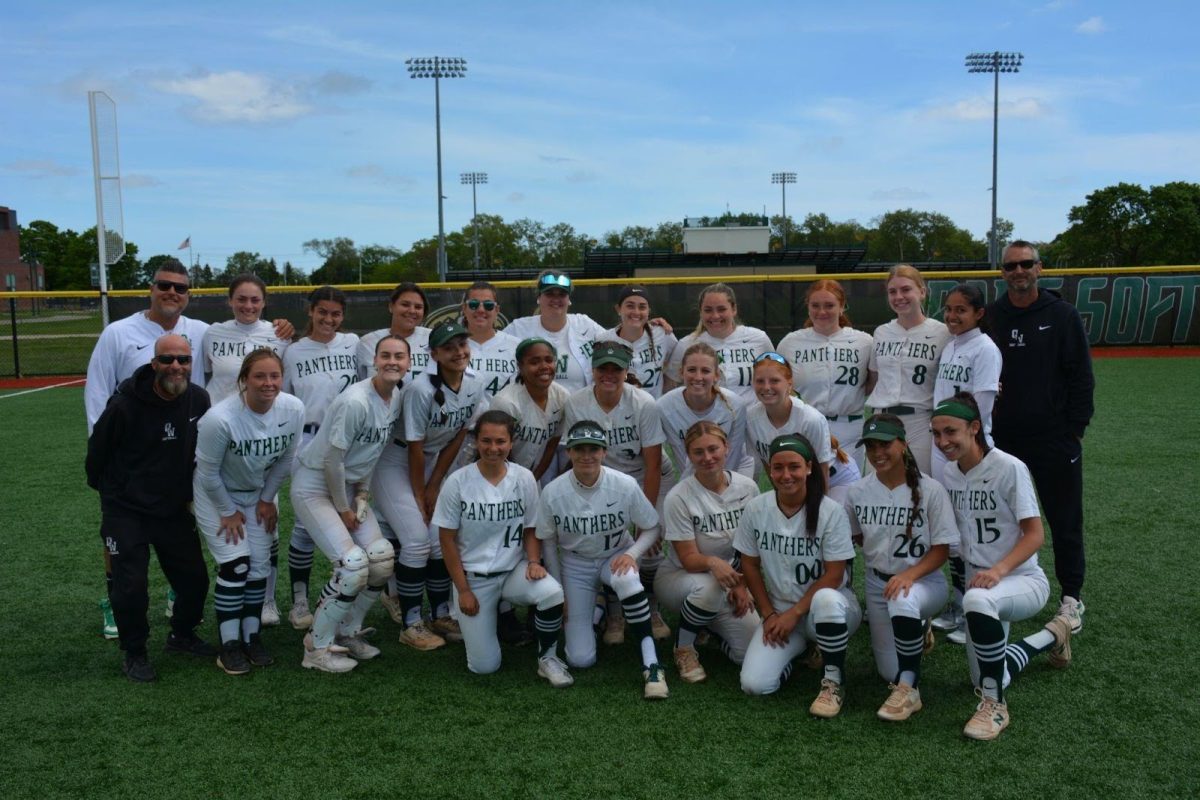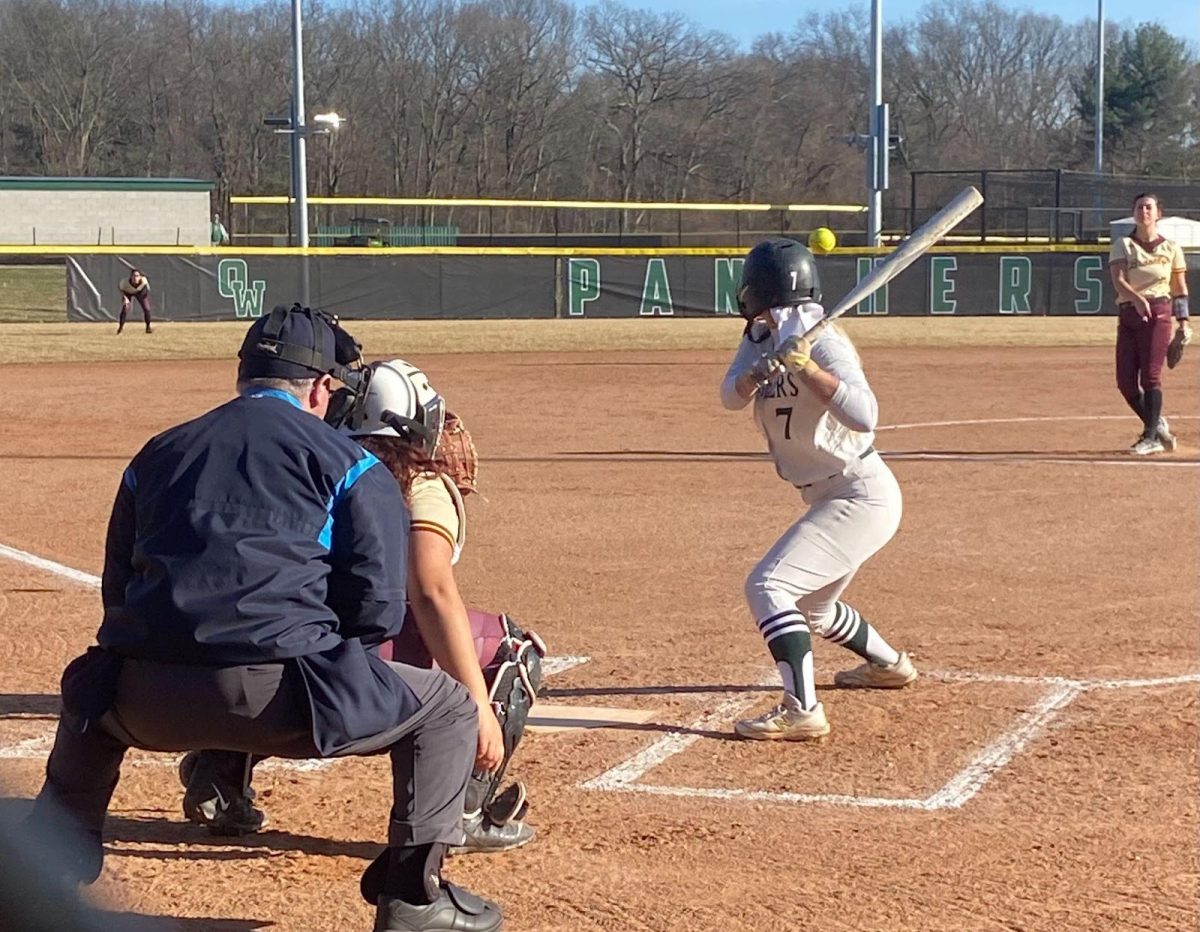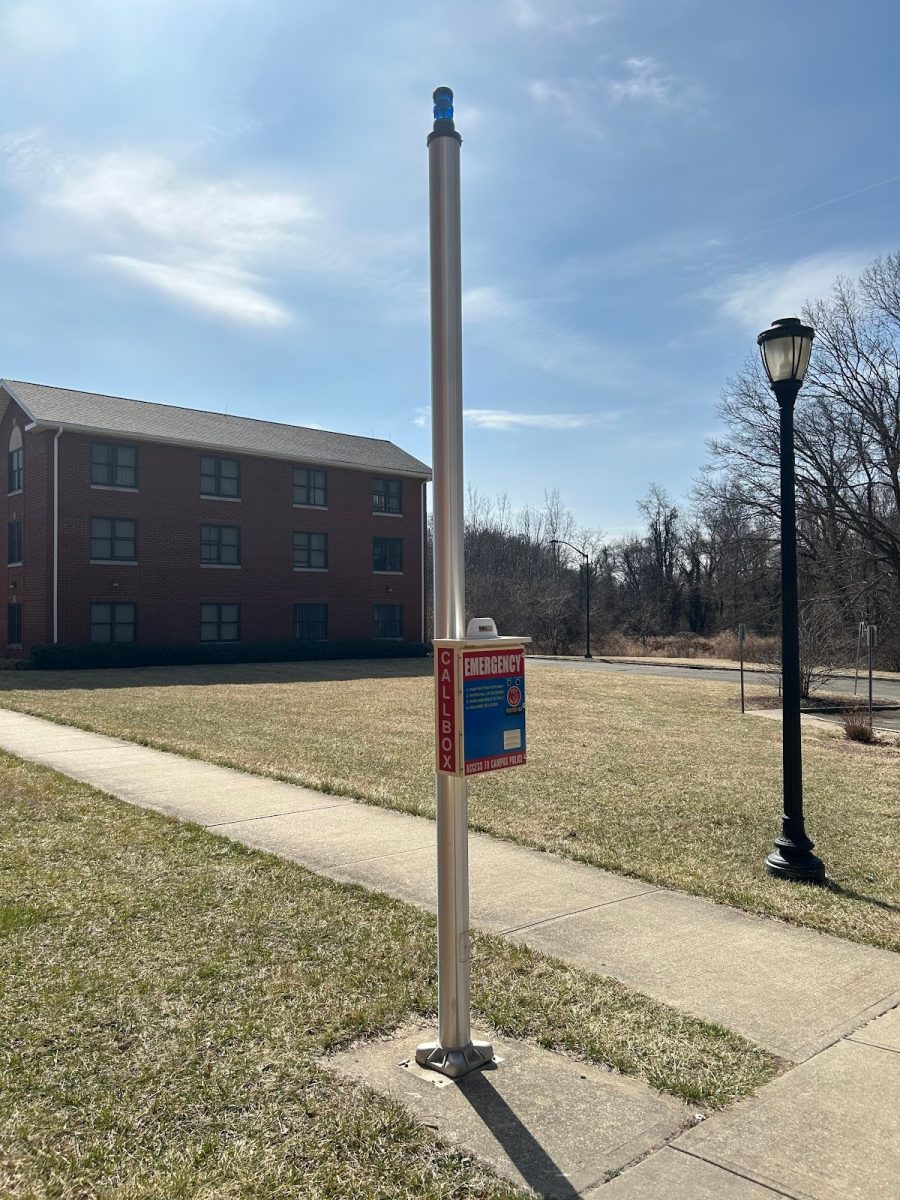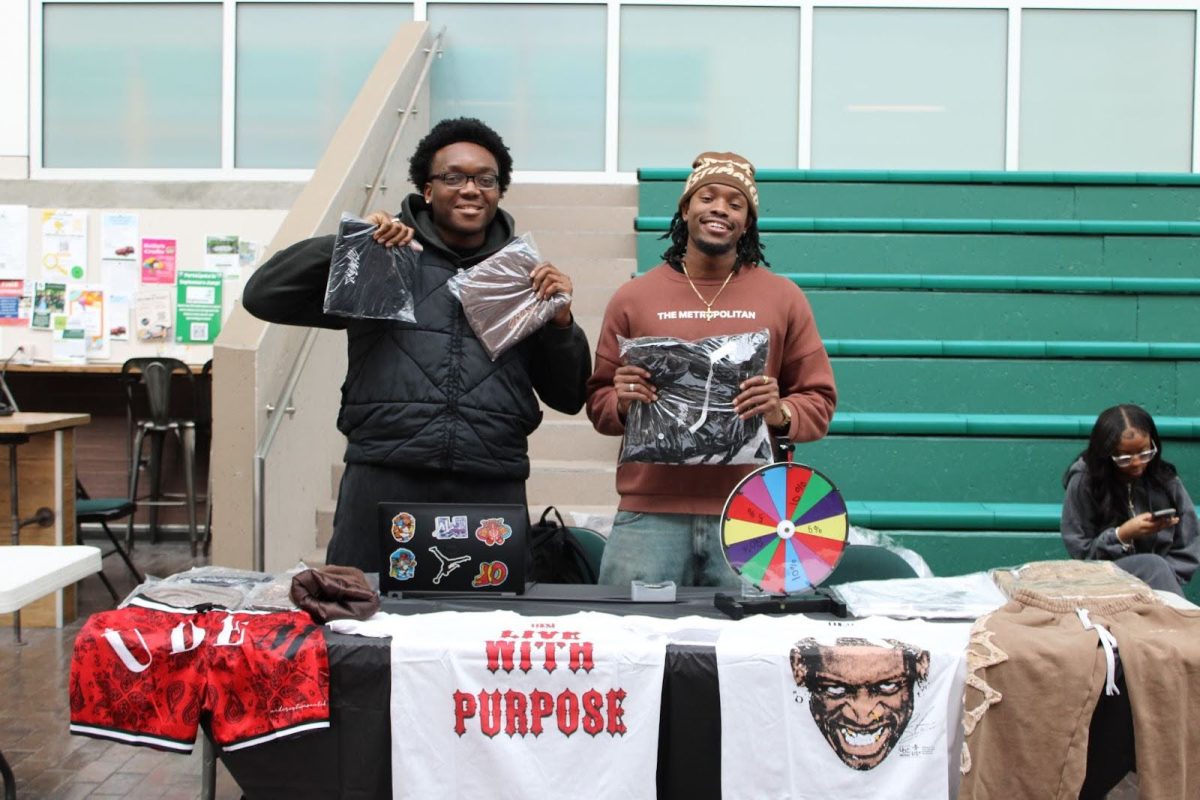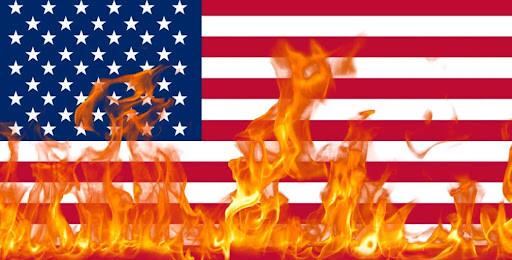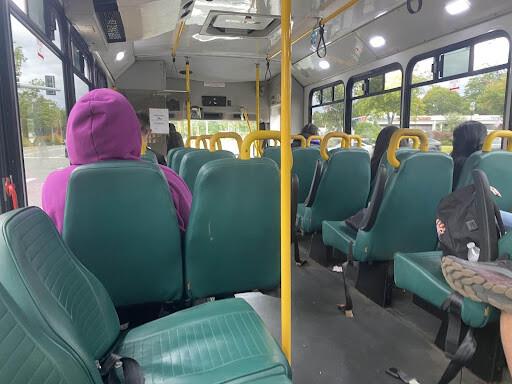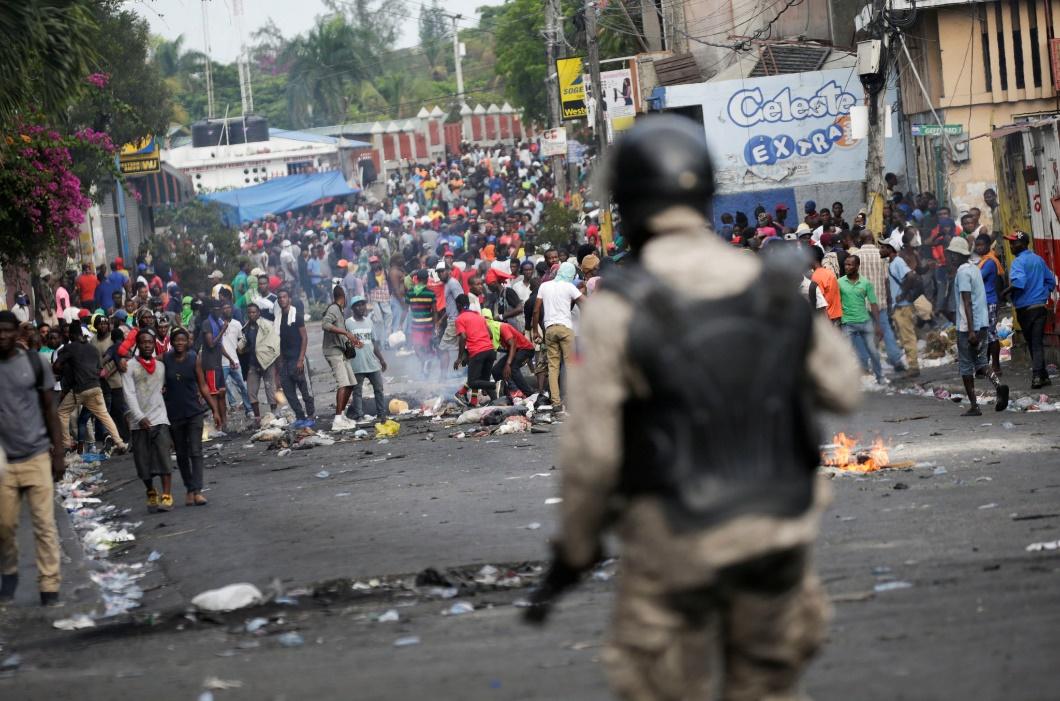
In the last weeks of March, thousands of Haitians took to the streets protesting against President Jovenel Moise who is currently facing backlash for refusing to move into a more transitional government.
The protesters’ main dispute is over the president’s term limit: Moise has served only four years of the usual five, and says his term ends in 2022. Protesters, however, say he should have stepped down February 7th, citing a constitutional provision that starts the clock once a president is elected, rather than when he takes office.
Many believe that legislative elections are overdue. After the country’s parliament dissolved last year, Moise failed to organize new elections. This led to several legislative and municipal positions empty across the country and the population effectively unrepresented. The vacant parliament means Moise is currently ruling by decree.
Many are utterly frustrated as this is not the first time that Haiti has had issues with its presidency. Thirty-five years ago, Haiti had emerged from its oppressing and brutal dictatorship with Jean-Claude Duvalier.
In May 1984, in the city of Gonaives, people started protesting against Duvalier’s government. Particularly, it was the event where police officers publicly beat a pregnant woman, who eventually died. Activists have stated that under Duvalier’s regime, it included general brutality against civilians and rising food costs. Some of the protesters went to an aid warehouse to demand food. Law enforcement from the capital of Port-au-Prince came and quickly stopped the protests violently, and the government imposed a curfew on the city. However, the protests began to spread in other cities and so did the casualties. It wasn’t until Duvalier was overwhelmed with the mass protests around the country that he fled. Afterwards, the country moved toward a more democratic society. Currently, Haitians fear that under the presidency of Moise, things will soon go back to the way they once were.
In this time, Moise has passed dozens of decrees, some of which implemented reforms considered long overdue, like an update to the penal code. Others are deeply controversial – including an order designating certain types of street protests as terrorism, and the creation of an intelligence agency accountable only to the president.
According to a US news article, protestors like Kelly Bastien, a former opposition senator stated “This country cannot live any more in dictatorship, murders and repression.” She also took part in the protest and later stated “Respect for the constitution! Down with dictatorship! Down with decrees!”
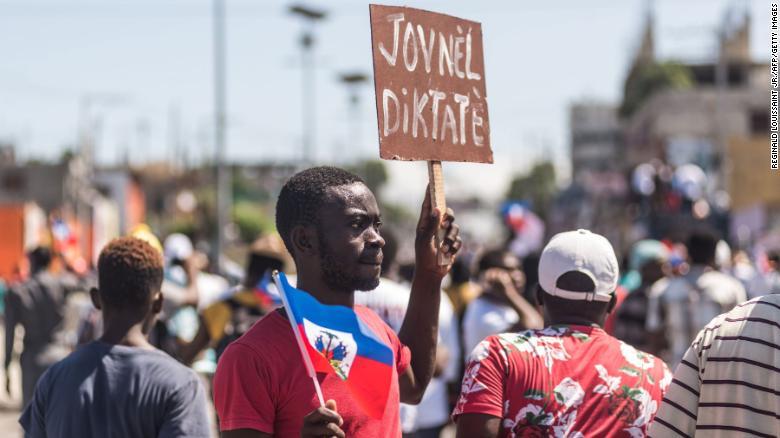
The protests have shut down schools and businesses, exacerbating a humanitarian crisis in a country where two-thirds of the population make less than $2 per day and gang violence has surged lately.
According to CNN, “This month’s protests also reflect years of increasing bitterness in Haiti over the country’s economic pain and violent crime. Killings and a wave of kidnappings have driven public outrage, according to a recent United Nations report, which recorded a monthly average of 84 demonstrations in the second half of 2020.”
Recently, it has been stated that there has been kidnapping of catholic clergy members in Haiti. A recent article published today by Aljazeera “At least seven members of the Catholic clergy, five of them Haitian and two French, have been kidnapped in Haiti, the spokesman for the Bishop’s Conference for the island nation said. The five priests and two nuns were abducted in the morning in Croix-des-Bouquets, a commune northeast of the capital Port-au-Prince, while they were “on their way to the installation of a new parish priest,” Father Loudger Mazile told the AFP news agency.
This kidnapping was one of the many kidnappings that have begun since the start of this political crisis. In fact, it was also stated in the Aljazeera article that many people in Haiti, specifically female protestors have begun rallying against this and gang violence.
In the midst of political unrest continuing, critics are skeptical of the legitimacy of any constitutional changes made in the current political climate and without institutional checks and balances in place. General elections are expecting to follow in the fall in this midst of political challenges and country turmoil.
